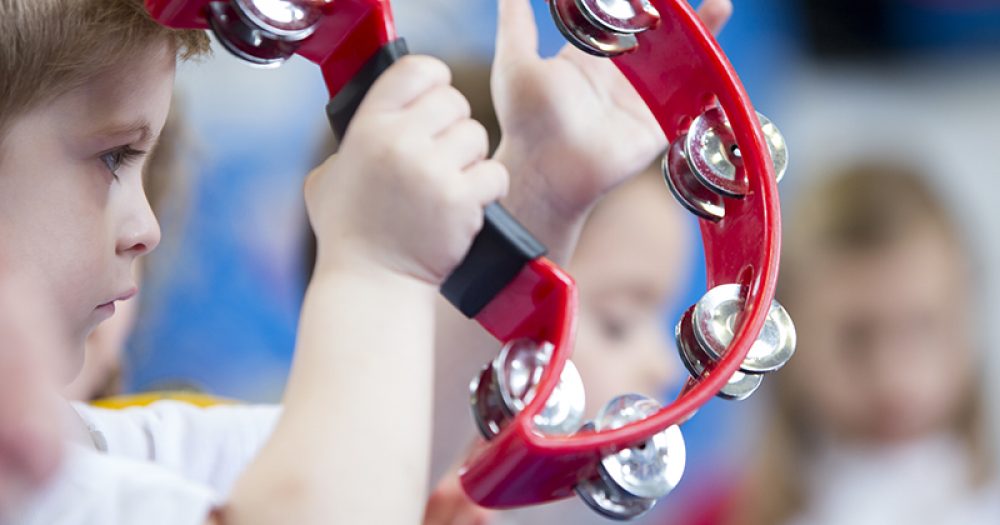English, maths and history are among the most common subjects for Ofsted deep dives, new data from the watchdog reveals.
Music, computing and design and technology were among the least likely to be scrutinised by inspectors.
Under the education inspection framework – which places a greater focus on curriculum – inspectors carry out ‘deep dives’ into a sample of subjects to interrogate a school’s curriculum.
This involve gathering evidence on curriculum intent, implementation and impact through talking to leaders, conducting visits to lessons and looking at pupils’ work.
Primary: maths and history most popular
As set out in the school inspection handbook, inspectors must look at reading in all primary school inspections.
Besides reading, the most common subjects for deep dives at primary level were maths (97 per of inspections), history (46 per cent), geography (27 per cent) and science (23 per cent).

Just 3 per cent of inspections saw inspectors conduct deep dives in French, Spanish or German – classed as ‘languages’.
In five per cent of primary inspections, Ofsted scrutinised religious education (RE) and design and technology.
The percentages for music and computing education were 9 per cent and 8 per cent respectively.
Secondary: English takes centre stage
At secondary level, the picture is broadly similar – with English the most common subject for deep dives (86 per cent of inspections).
Maths (77 per cent), science (60 per cent), history (55 per cent) and languages (51 per cent) followed.
The least likely subject to be investigated was RE at just 5 per cent of inspections.
Reading (6 per cent), computing (7 per cent), music (8 per cent) and design and technology (18 per cent) were also among the least common subjects for deep dives during secondary inspections.

The analysis includes deep dives from nearly 4,200 graded and ungraded inspections between 1 September 2022 and 31 May 2023.
Ofsted has also published separate data for the last two previous academic years, which follows a similar pattern.
This year, the average number of deep dives carried out by inspectors per inspection was four for primaries and five for secondary schools.
Special schools and alternative provision are not included within the data.
Ofsted pointed out that its inspectors were somewhat restricted in their capacity to scrutinise RE in some schools.
The Education Act sets out that the watchdog cannot inspect the subject in voluntary-aided maintained schools with a religious character or academies that were formerly voluntary-aided schools with a religious character.
The analysis is based on an “automated text retrieval process” to collate which subjects featured in deep dives, as Ofsted does not have a central record.















Your thoughts